Instead of delegating the investigation to a committee, all Senators will now have the opportunity to participate fully in the debate, a decision that has sparked both support and opposition within the Senate.
The initial proposal to form the committee was put forward by the Senate leadership, with the House Business Committee submitting the names of the selected members.
Senators like Hillary Sigei, Abdul Haji, Wahome Wamainga, and Karen Nyamu were among those named to the committee, which was expected to investigate the grounds for Mwangaza’s impeachment and report back within 10 days.
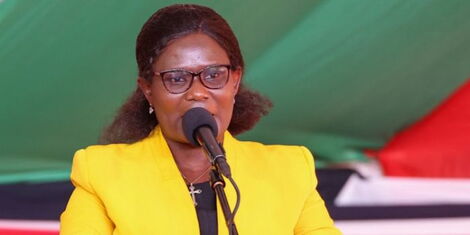
However, this proposal did not sit well with many Senators. Senate Speaker Amason Kingi, after listening to the debate, directed that the matter be handled in plenary, citing the need for transparency and full participation.
He instructed that Meru County Assembly and Governor Mwangaza be served with notice by Wednesday, with both parties required to submit their responses by Saturday.
The Senate Clerk will then distribute all relevant documents to Senators by Sunday, ahead of the hearings.
“The Senate shall investigate the matter in plenary on Monday the 19th of August and Tuesday the 20th of August 2024,” directed Speaker Kingi.
The decision to abandon the committee route in favour of a full plenary session is seen as a move to ensure that all voices are heard and that the process is transparent.
Senator Fatuma Dhullo of Isiolo, a vocal opponent of the committee proposal, argued that the plenary session would offer the people of Meru a clearer view of the proceedings.
“By going the plenary way, Meru County will have an opportunity to see what is happening on the impeachment, but going the committee way, they might not be able to even watch the events,” Dhullo stated, emphasising the importance of transparency in such a serious matter.
On the other hand, Nairobi Senator Edwin Sifuna, who supported the committee approach, maintained that a smaller group would have been more effective in interrogating the issues surrounding the impeachment.
He expressed concerns about the efficiency of the plenary, especially with the Senate currently on recess.
“I have held the position and view that the committee way is a far superior way for interrogating these issues than the plenary manner,” Sifuna remarked, pointing out that cross-examination would be easier in a committee setting.
Narok Senator Ledama Ole Kina, opposing the committee proposal, highlighted the gravity of the situation, insisting that the matter was too serious to be reduced to a smaller group.
He warned that limiting the investigation to a committee could lead to accusations of bias, either in favour of or against the governor.
“If we reduce the matter to the committee, it might be concluded that it is a move made to either save or impeach the governor,” Ole Kina argued, stressing the need for a full Senate discussion.

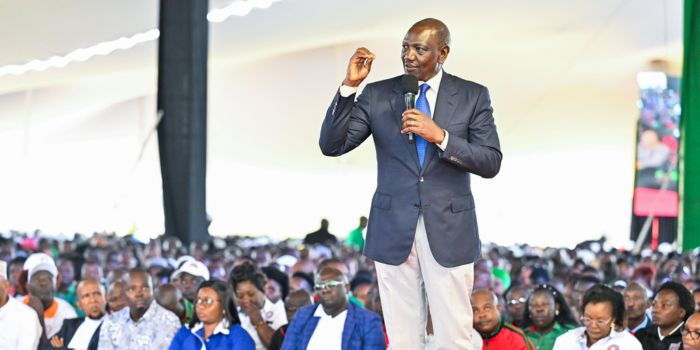
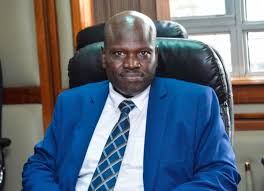
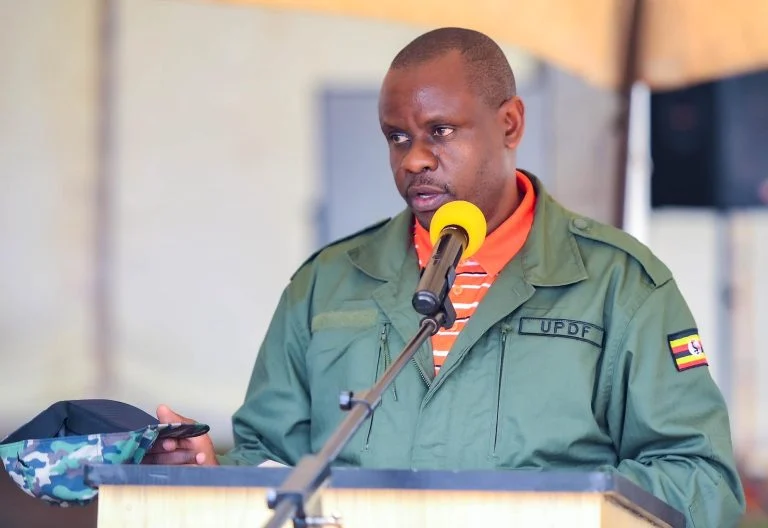

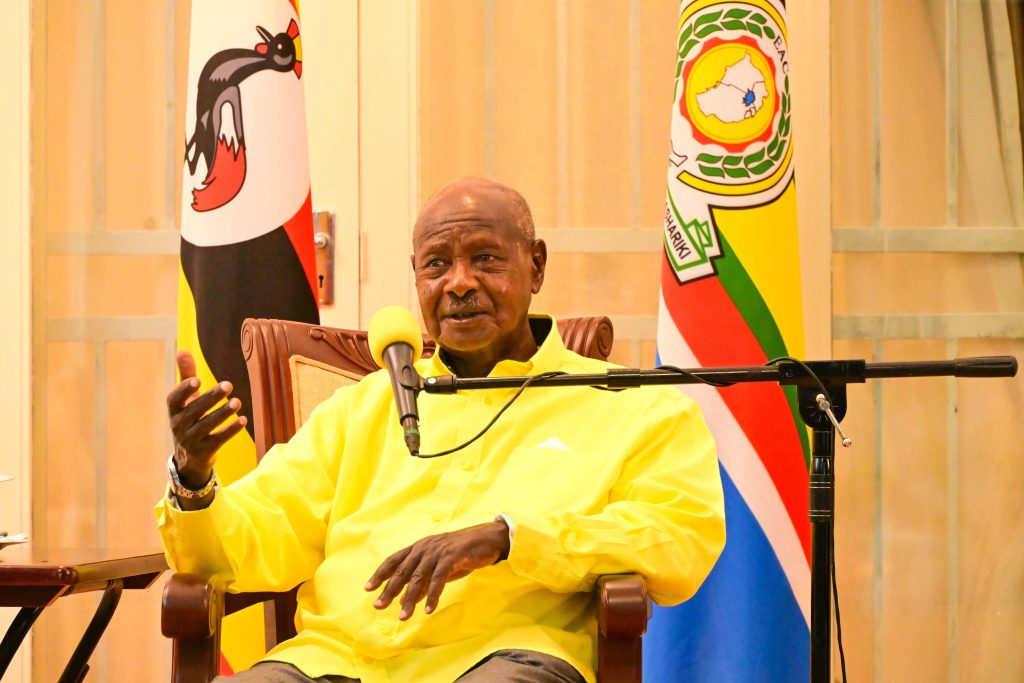
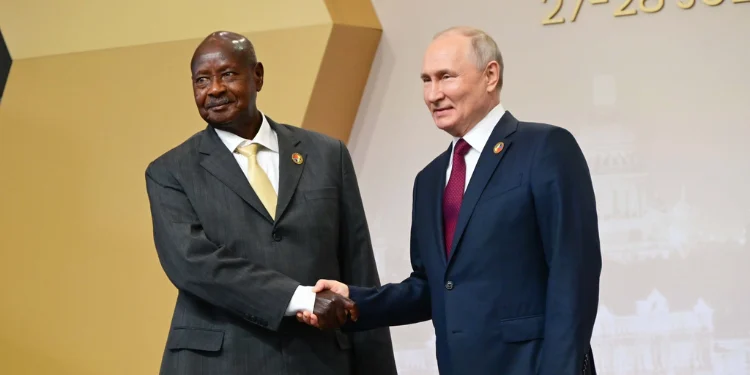
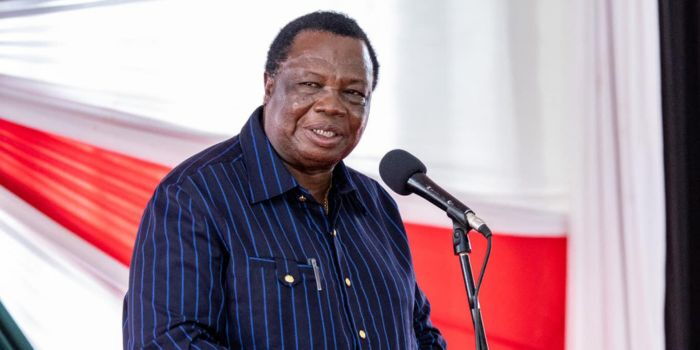

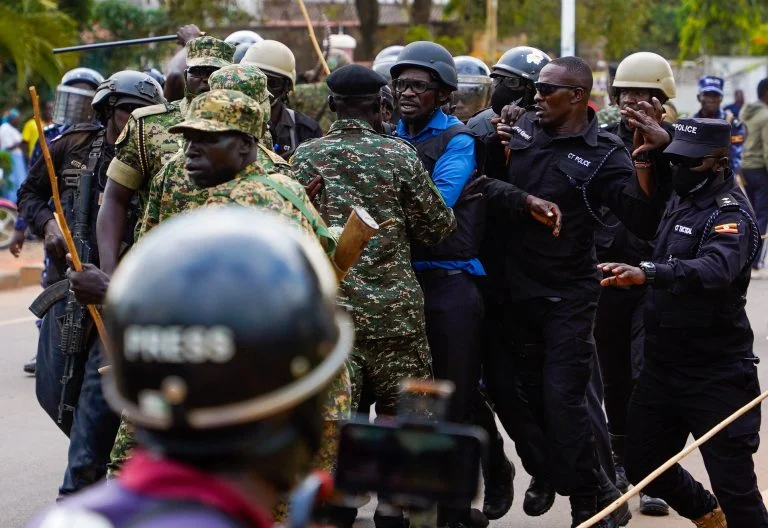
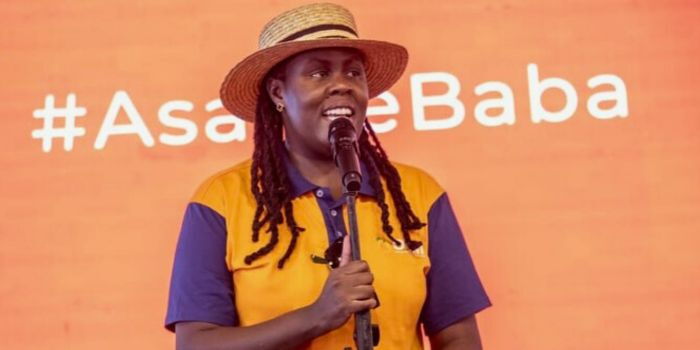
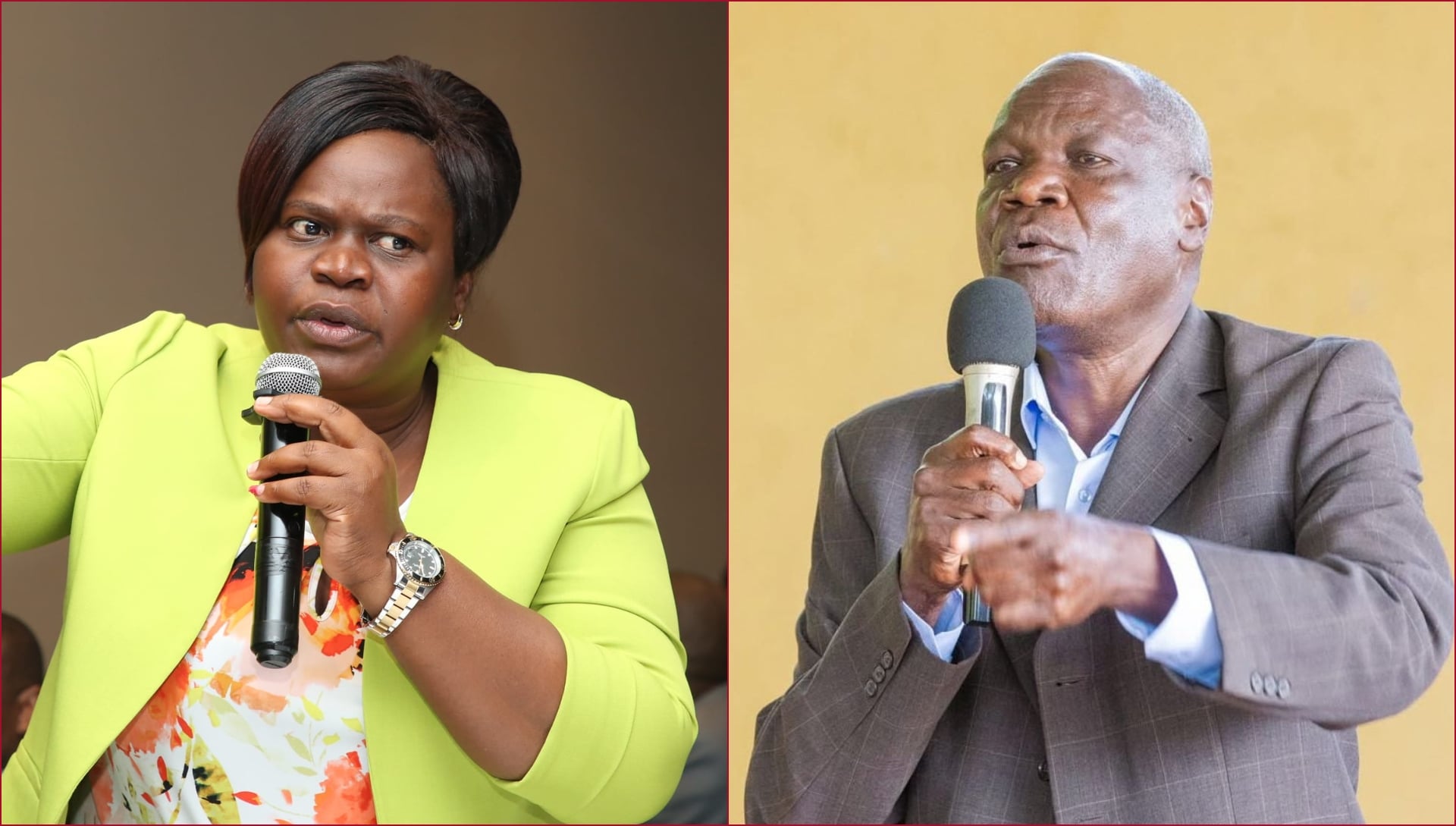
Leave a Reply